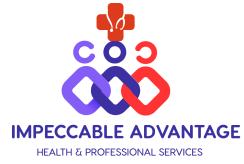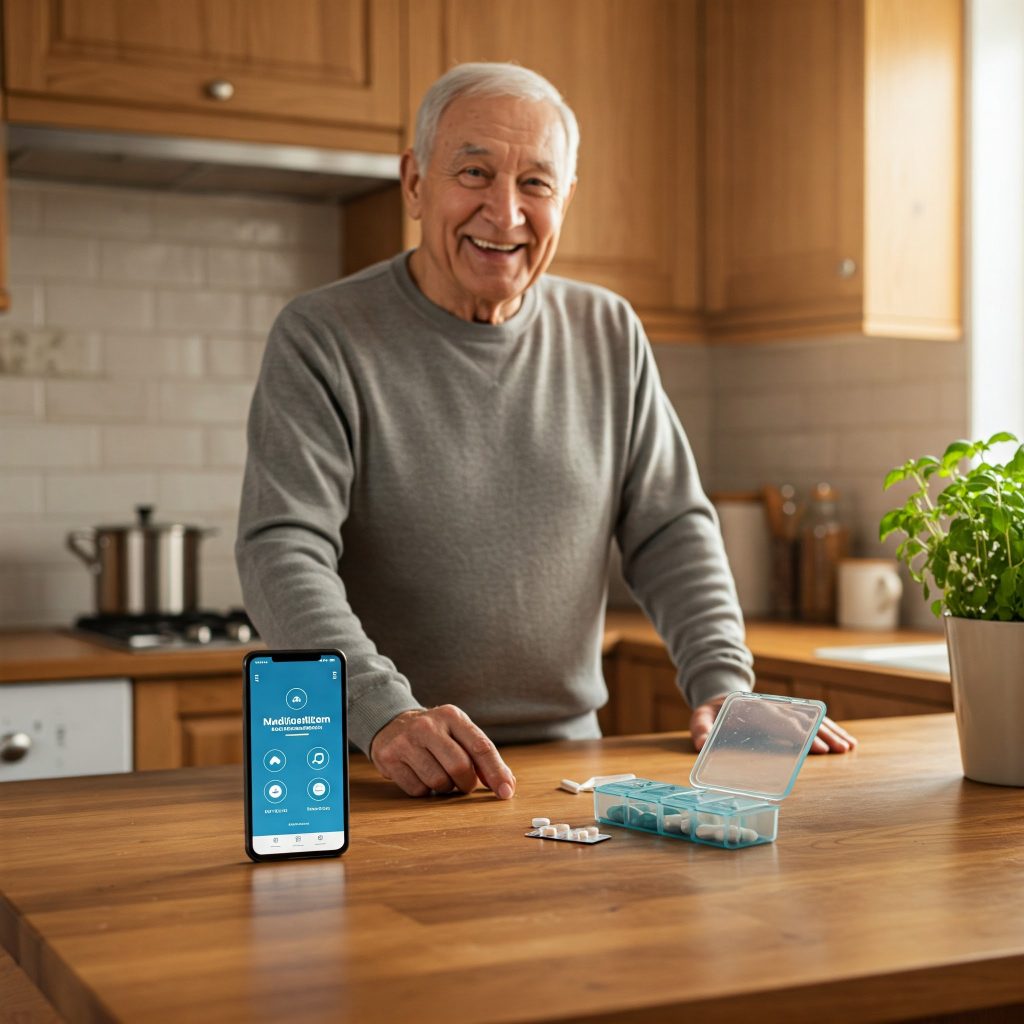Managing medications effectively at home is crucial for maintaining health, especially for seniors and individuals with chronic conditions. Missed doses can lead to complications, reduced treatment efficacy, and increased healthcare costs. Implementing a structured approach to medication management can significantly enhance adherence and overall well-being.
1. Create a Comprehensive Medication List
Begin by compiling a detailed list of all medications, including prescription drugs, over-the-counter medicines, vitamins, and supplements. For each item, note the dosage, frequency, purpose, and any special instructions. This list should be updated regularly and shared with healthcare providers during appointments.
2. Utilize Pill Organizers
Pill organizers are simple yet effective tools that help in sorting medications by day and time. Weekly or monthly organizers with compartments for different times of the day can reduce confusion and ensure timely intake.
3. Establish Consistent Routines
Linking medication intake with daily activities can reinforce habits. For instance, taking medications after brushing teeth or during meal times can serve as natural reminders. Consistency in routines aids memory and reduces the likelihood of missed doses.
4. Set Digital Reminders
Leveraging technology can enhance medication adherence:
- Smartphone Alarms: Set recurring alarms for each medication dose.
- Medication Apps: Apps like Medisafe and Apple’s Health app allow users to schedule reminders, track intake, and receive alerts for missed doses.
- Smart Speakers: Devices like Google Assistant can be programmed to provide verbal reminders at designated times.
5. Incorporate Visual Cues
Placing medications in visible areas, such as near the coffee maker or on the dining table, can serve as visual prompts. Additionally, sticky notes on mirrors or refrigerators can reinforce reminders.
6. Engage Family and Caregivers
Involving family members or caregivers in medication management can provide additional oversight. They can assist in organizing medications, setting up reminders, and monitoring adherence, ensuring a collaborative approach to health.
7. Regularly Review Medications
Periodic reviews with healthcare providers can identify any unnecessary medications, adjust dosages, and prevent potential drug interactions. Keeping an updated medication list facilitates these discussions.
8. Prepare for Refills in Advance
Monitoring medication quantities and setting reminders for refills can prevent interruptions in treatment. Some pharmacies offer automatic refill services or alerts when it’s time to reorder.
9. Consider Advanced Reminder Systems
For those requiring additional support, advanced systems like smart pill dispensers or automated phone call reminders can be beneficial. These tools provide structured and timely prompts, enhancing adherence.
10. Educate on Medication Importance
Understanding the purpose and benefits of each medication can motivate adherence. Educating patients about potential side effects and the importance of consistent intake fosters a proactive approach to health.
Implementing these strategies can significantly improve medication management at home, leading to better health outcomes and enhanced quality of life.

